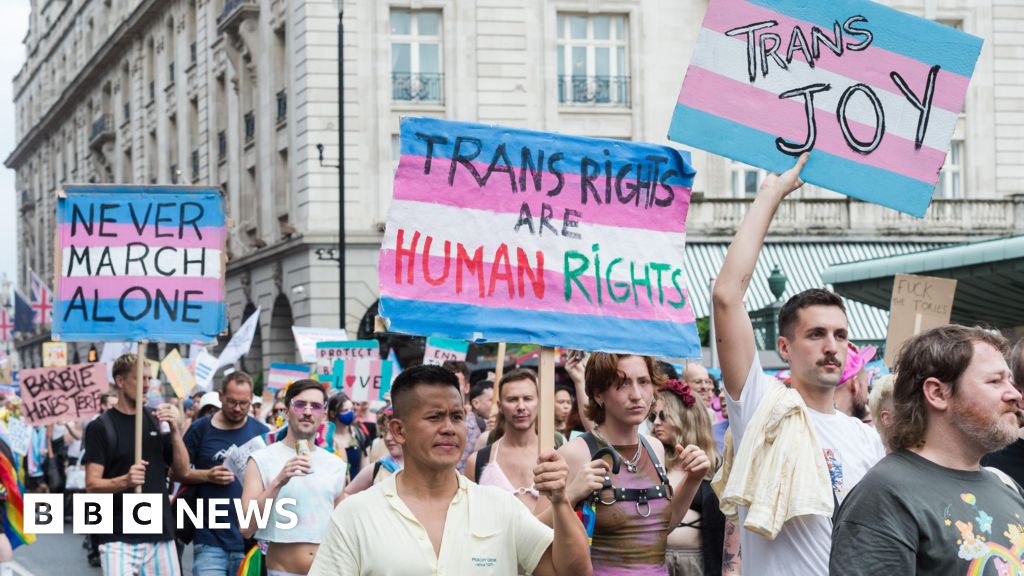
Britain’s human-rights watchdog could be downgraded and blocked from United Nations rights bodies over its recommended definition of sex.
The Equalities and Human Rights Commission (EHRC) is set to undergo a “special review” by the Global Alliance of National Human Rights Institutions (Ganhri).
This process could mean the removal of the EHRC’s accreditation as an “A status” National Human Rights Institution, meaning it would not be able to sit on the UN Human Rights Council.
The review comes after 30 LGBTQ+ and human-rights organisations expressed concern to Ganhri about the EHRC.
The EHRC’s role is to provide guidance and enforce legislation to protect against discrimination.
Ganhri’s accreditation of watchdogs such as the EHRC allows countries access to the UN Human Rights Council and other UN bodies.
In a statement, EHRC chairwoman Baroness Falkner said: “We take seriously our duty to protect and promote equality and human rights for everyone.
“That includes considering, carefully and impartially and on the basis of evidence, how the rights of one person, or group, might be affected by the rights of another.
“We are disappointed that we will have to defend our accreditation status in this way and remain very confident that we will be able to respond robustly to any questions.”
In April this year, the EHRC advised the government that changing the legal definition of sex in the Equality Act to “biological sex” would make offering single-sex services more straightforward and provide clarity in a “polarised and contentious” area.
This change would also make it easier to exclude transgender people from specific services or groups.
The advice was criticised by some campaigners at the time.
UN independent expert Victor Madrigal-Borloz wrote in May that the EHRC’s advice around changing the legal definition of sex “was to offer the government a formula through which it could carry out discriminatory distinctions currently unlawful under UK law”.
Mr Madrigal-Borloz added that he was “of the opinion that this action of the EHRC is wholly unbecoming of an institution created to ‘stand up for those in need of protection and hold governments to account for their human-rights obligations’”.
Baroness Falkner highlighted to the BBC that the EHRC had its “A status” re-accredited by Ganhri in October 2022 for the third time, as part of a process that takes place every five years.
“There was only one issue that I think was at all controversial in this intervening period, and that was the advice we had given to the Minister for Women and Equalities, Kemi Badenoch, clarifying the definition of sex in the Equality Act,” Baroness Falkner told Woman’s Hour.
“The Equality Act uses the words sex and gender interchangeably,” she said, “this leads to a lot of confusion for service providers, for public-sector organisations, private-sector organisations”.
Baroness Falkner added: “We are here to protect and promote human rights… and we will continue to do that irrespective of what happens here.”
LGBTQ+ charity Stonewall is one of the organisations that lodged the complaint with Ganhri against the EHRC.
Robbie de Santos, Stonewall’s director of external affairs, said the charity welcomed the special review and would continue to provide evidence to Ganhri during the process.
“Britain’s LGBTQ+ civil-society and human-rights organisations have expressed their concern about the political independence of the EHRC and its approach to trans people’s rights for some time,” he said.
“We hope that this special review will give EHRC the scrutiny and recommendations it needs to play the part our communities deserve.”
Other countries whose human-rights watchdogs have been stripped of “A status” by Ganhri include Madagascar, Hungary, Nicaragua and Afghanistan.



